Debi di was kind enough to introduce me to this show a few days ago and we've been discussing it non-stop ever since. Produced by the Chinmayananda mission and directed by Dr. Chandraprakash Dwivedi (of Chanakya fame), the series aired on Doordarshan National last year and met with well-deserved critical appreciation and fanfare. It is both technically and conceptually brilliant; in my opinion it really stands out from the hordes of commercially-inclined mythos on television today in terms of its quality and spiritual resonance.
Here's a bit of insight on the story:
The series starts out with a frame story of a modern day Sanskrit scholar in Varanasi and his playwright son. They clash over the role of Vedic philosophies in modern society, leading the son to an epiphany - he decides to use his talents in the field of theater to present the relevance of those teachings to his generation. From then onwards, every episode is in the form of a short play at his theater which takes a particular teaching from the Upanishads and connects it to a mythological or historical story that demonstrates that teaching. Those stories include the dacoit Ratnaakar's transformation into Maharishi Valmiki, the trial of Raja Harischandra, the ill-fated romance between Devayani and Kach, the spiritual quest of Shah Jahan's son Dara Shikoh, tales from the lives of Meerabai and Sant Eknath, and many more.
As stated on the official website, this is the "concept flow" for how the show is structured:
The Vedic Culture is introduced in the initial episodes (1-4). Then cultural values at the levels of the individual and the society are presented in the following 18 episodes (5-22). After, thus establishing the cultural basis and ethos, the entire Upanishadic Wisdom is then presented in the next 20 episodes (23–42). The practical steps that could be taken to actualize this wisdom in one's life are then elaborated in the next nine episodes (43–51). The last episode is an expression of gratefulness for this Wisdom which has made India proud, noble, and admired the world over.
Known faces from Indian television and film - e.g. Jaya Bhattacharya, Sai Deodhar, Huma Qureshi, Mukesh Tiwari - portray the characters from these stories flawlessly, and at the end of each episode, they recite and give the reference for the shloka on which the episode is based.
The entire series is available on youtube, so please do watch it and share your views: http://www.youtube.com/user/upanishadganga
DVDs with subtitles are available as well. For more information on those as well as the series in general, here's the official website (beware, it uses a LOT of flash and will slow down your browser if you have it open along with several other tabs): http://www.upanishadganga.com/
And here's the Wikipedia entry on the show: http://en.wikipedia.org/wiki/Upanishad_Ganga
So click on that youtube link and come back to this thread with thoughts to share; looking forward to many great discussions on this great show!







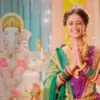



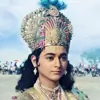


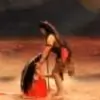


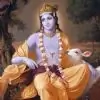

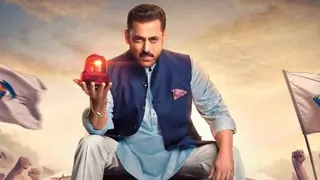









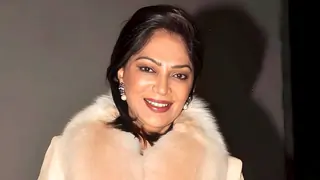


1k